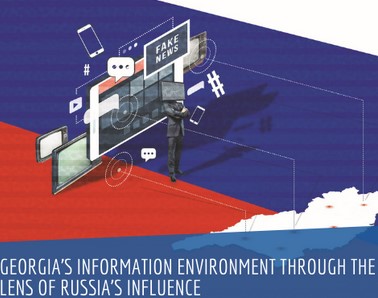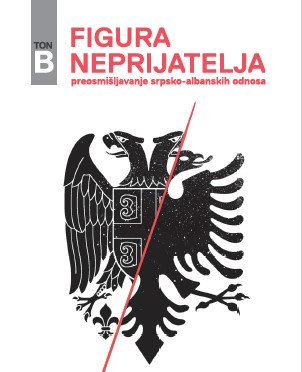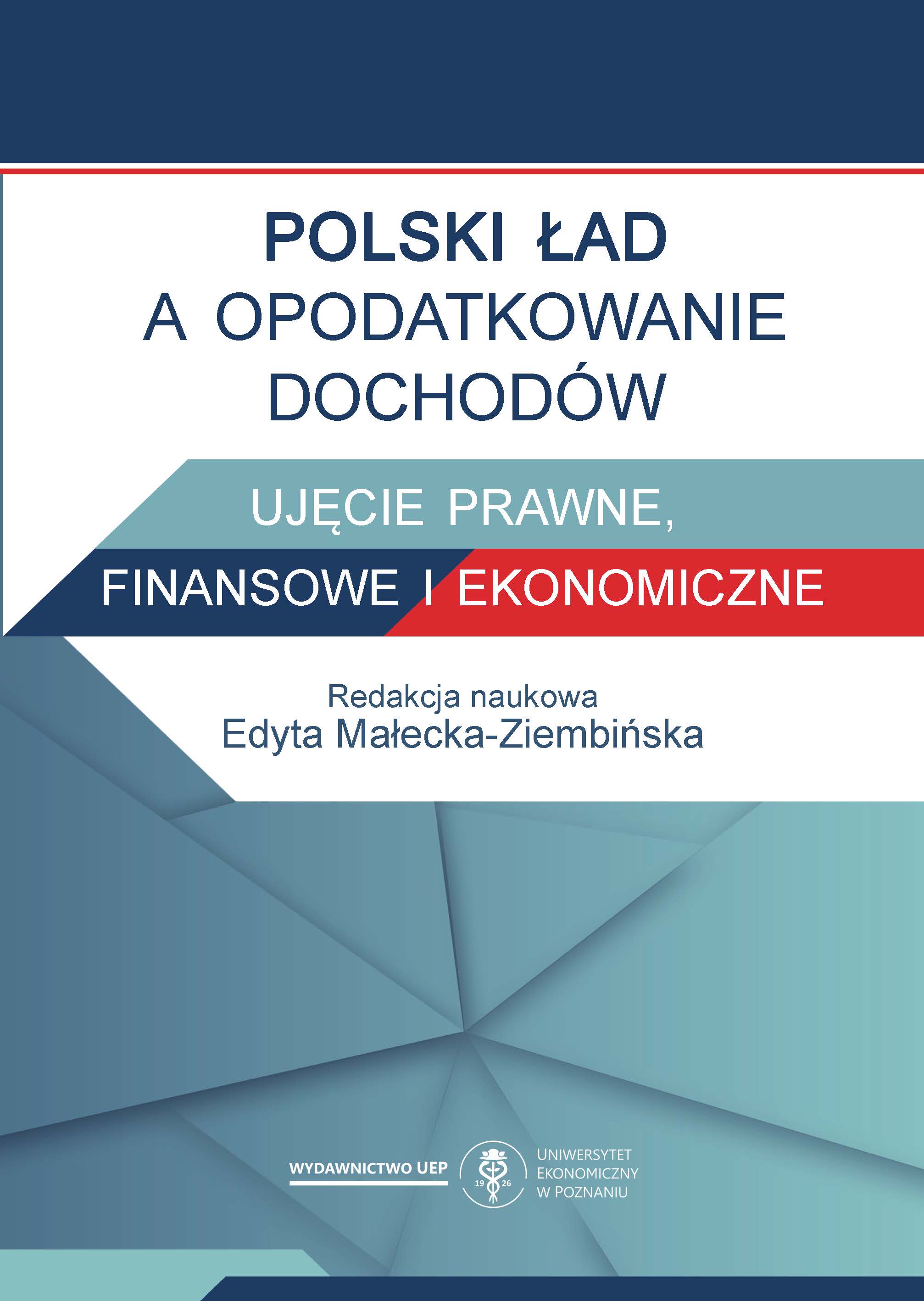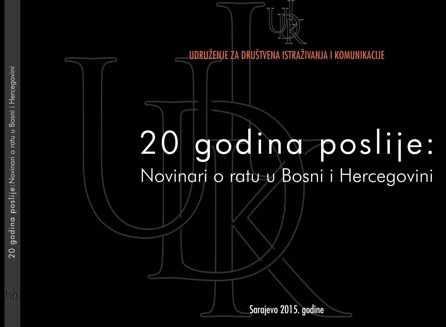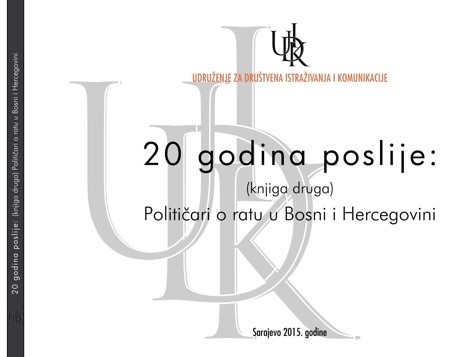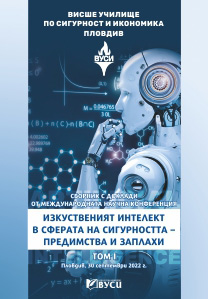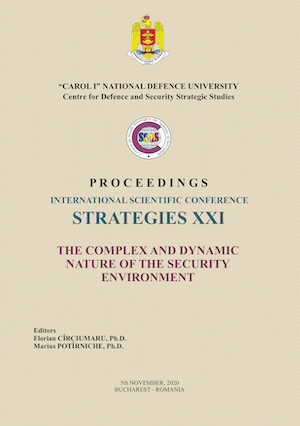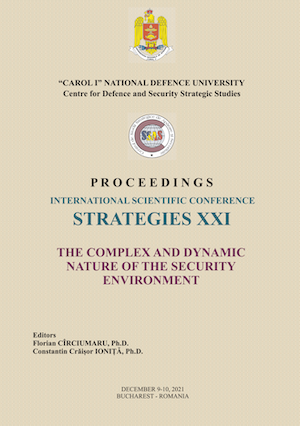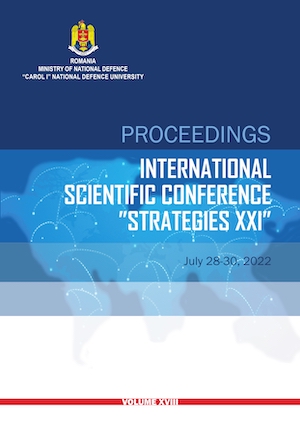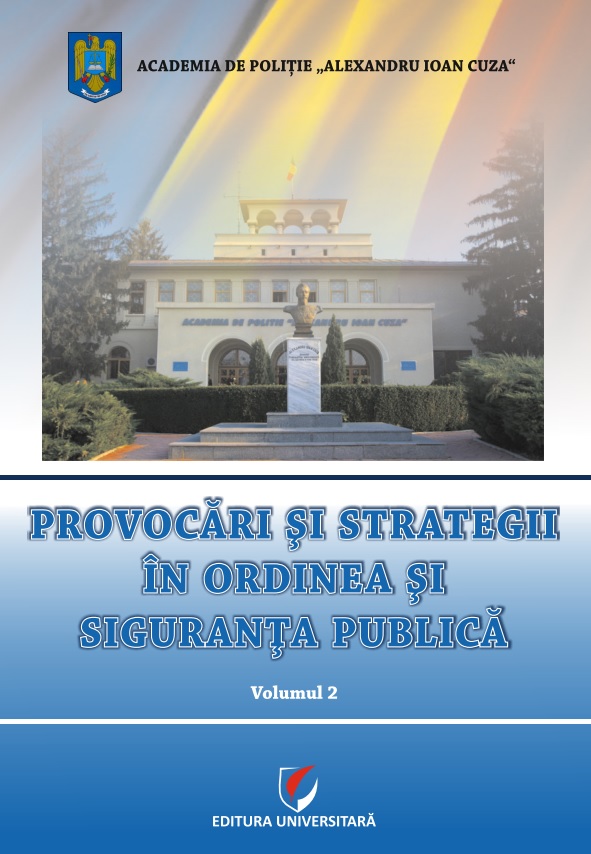Author(s): Vladan Z. Jovanović / Language(s): Serbian
Publication Year: 0
Since the dissolution of the Ottoman Empire, Serbia used to be focused on the political status of its territorial gains (Kosovo, Macedonia, Sandzak), rather than on the social reality in these areas. The very reputation of the Serbian army, which occupied/liberated Kosovo in 1912, induced distrust of non-Slavic population towards the new state. Serbian military attempt to reach the Adriatic via northern parts of Albania (1912/13), as well as the treatment of Albanian civilians during these actions largely compromised the international reception of Serbian ‘liberation intentions’. That is one of the reasons why the Serb-Albanian conflict was difficult to be channelled during the first Yugoslav state. Instead of focusing on how to basically modernize the almost feudal society in its ‘Southern province’, the new government resorted to the territorial and demographic re-composition of the area, which was wedged between the myths of autochthonous people and the claims for ethnic and historical rights. It soon became clear that the ‘Albanian national question’ could not have been solved by inventing the ‘historical provinces’, nor by splitting Kosovo into three territorial units. Following the idea of ‘balancing’ the ethnic composition of Kosovo in favor of the Serbs, the Yugoslav kingdom acceded to the controversial project of agrarian reform and colonization, which resulted in settling 20,000 families in 1000 colonies throughout the ‘southern regions’. At the same time, Belgrade regime ‘offered’ an institutional framework for chaotic Muslim exodus (initialised after the Great Eastern Crisis), which elaborated practical ideas about emigration of ’disloyal’ Albanians. In order to colonize its eastern area, Turkey was ready to receive 200,000 Yugoslavs of ‘Turkish culture’, which was stipulated by the Yugoslav-Turkish Convention in 1938. The absurdity of territorial and demographic experiments came to the fore during the Second World War, when Kosovo fell under several various occupying regimes. An urgent request of German commander for Southeast to immediately stop the emigration of the Serbs ‘because it was bringing Kosovo to the brink of an anarchy’, ironically demystifies the very nature of demographic solutions resorted to since 1912, even after the creation of socialist Yugoslavia. After the establishment of military rule in Kosovo in early 1945, which very much resembled the early-1920s, the Communist authorities revised the interwar colonization, returning to the Albanian owners one-fifth of land, seized by the Yugoslav monarchist regime. However, dissatisfaction with the situation in Kosovo was still evident among its population, which triggered new migratory waves to Turkey. According to their volume, they far exceeded the pre-war Muslim emigration. The Yugoslav state was active in supporting the process of expatriation of Albanians as in previous times. The spiral of alternate demographic shifts and continuous administrative-territorial redefinition of space did not have positive effects on social cohesion in Kosovo.
More...
